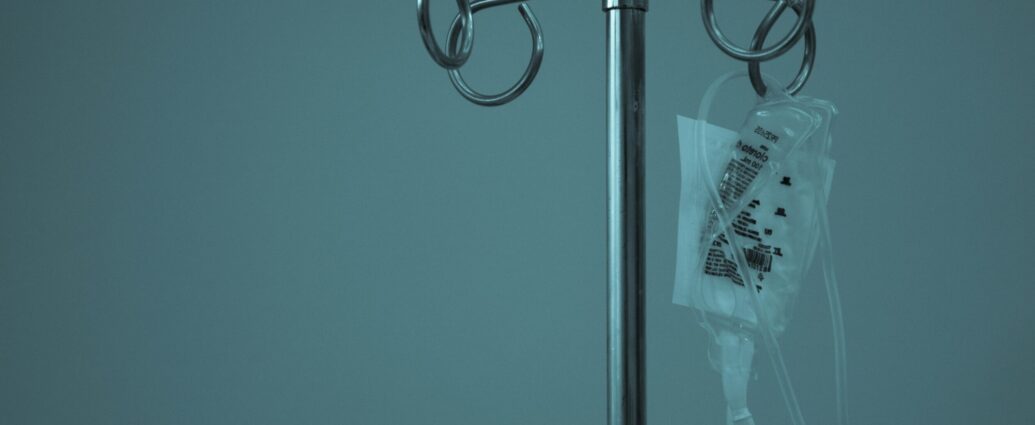This article contains spoilers for the ITV Drama Breathtaking.
Pippa Landon
When Covid-19 took hold of Britain, I was devastated to see my gap-year plans ruined for the foreseeable. After completing my A Levels, I worked hard in a school, shop and bar, earning enough money to jet off worldwide.
Giddy with excitement at the prospect of Fraser Island in an FWD and the Hai Giang loop on a moped, I felt bitterly disappointed by the reality of lockdown, where I was to be confined within the walls of my house. While I am fortunate to have a safe and loving family environment, this period was challenging.
When the pandemic was eventually over, I wished never to give Covid-19 the time of day again. Yet, as I browsed various streaming sites wondering what to watch, I came across the ITV drama Breathtaking, where the outbreak takes centre stage again.
This three-part series is based on Rachel Clarke’s memoir and stars Joanne Froggatt, who plays a frontline consultant named Abbey. She and her team illustrate the real crisis which unfolded in the NHS.
While the programme presents the viewer with many intriguing and startling revelations, I was particularly struck by the idea of priorities: the misplaced priorities of governing bodies, the selfless prioritisation of the hospital staff, and my priorities at the time.
Misplaced Priorities
“A hopeless government is contrasted with the sacrifices made by Abbey and her team”
Throughout the series, real footage of politicians addressing the nation is interspersed with distressing hospital scenes, illustrating the disparity between frontline experiences and governmental responses. In this way, Breathtaking exposes the country’s greatest mistakes.
While Boris Johnson encouraged people to continue with business as usual, doctors and nurses struggled desperately and pleaded for lockdown. As the motto “no travel, no test” gained traction, the NHS staff saw evidence of cases contracted from within Britain. In the ‘cold zone’ areas of hospitals where no PPE was worn, the death rate soared.
'Not only is the government not prepared for a next pandemic, they're still failing staff now.'@ITV's new drama 'Breathtaking' is based on the book by palliative care doctor, Rachel Clarke.
It's a harrowing account of the real-life emergencies NHS staff faced in the pandemic. pic.twitter.com/66z2kho3Ej
— Good Morning Britain (@GMB) February 21, 2024
Selfless Staff
“COVID-19 did not pose a life-threatening risk to me, I merely saw the pandemic as inconvenient”
A hopeless government is contrasted with the sacrifices made by Abbey and her team, namely the detrimental impact their dedication to saving lives had on their own families.
In the first episode, Abbey returns to be warmly greeted by her daughter, who is turned away from her mother as she rushes upstairs to shower. The little girl heads slowly back into the kitchen, her face and body language displaying her upset. We see no interaction between the two again, and Abbey is placed back in a surgical setting, showcasing the neglect that arose from the demands of her job under these circumstances.
Personal Experiences
But perhaps most importantly, I was encouraged to reflect upon the choices I had made.
I contracted the virus at University in January, and although it was unpleasant, my symptoms were no worse than those of a standard hangover after a night out. I had a migraine from hell, a muscle ache in my arm and not much of an appetite. I was fairly confident in my body’s ability to survive should I test positive again, a likelihood which would only increase with a vaccine.
As COVID-19 did not pose a life-threatening risk to me, I merely saw the pandemic as inconvenient, as illustrated in how I opened this article with nothing short of a moan. Consequently, there were occasions when I wasn’t as cautious about preventing its spread.
However, the tragic death of a patient in the second episode prompted me to realise that my attitude and actions had been shortsighted. Davina’s body lies completely lifeless, with the only audible breaths emanating from a ventilator soon to be switched off. Her husband Enrico sobs on Facetime as he is told that she is dying and he cannot visit to say goodbye. Abbey is overcome with grief. Although most of her face is covered in PPE, the camera makes a special point of showing her red, swollen eyes. I finally understood the severity of the illness and the heartbreaking losses experienced by both families and frontline workers daily.
Could there be any better outcome to the series than this? A message delivered and a message received.
READ NEXT:
-
EMPOWORD EXPLAINS: NICOLA STURGEON AT THE COVID INQUIRY
-
TV REVIEW: MR. AND MRS. SMITH
-
ONE DAY: BACK TO BREAK MY HEART AGAIN
Featured image courtesy of Mufid Majnun via Unsplash. No changes have been made to this image. Image license found here.

